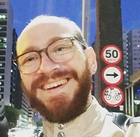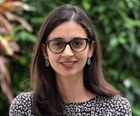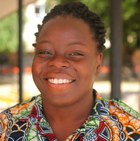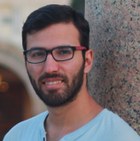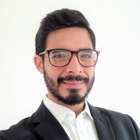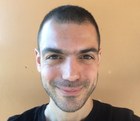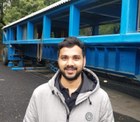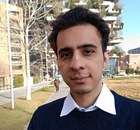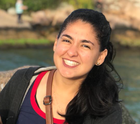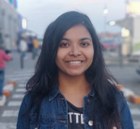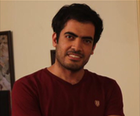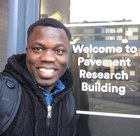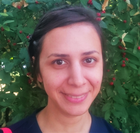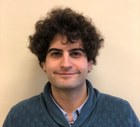Country of Origin: Greece
ESR6. COOL PAVEMENTS FOR URBAN HEAT ISLAND EFFECT MITIGATION (COOLUM)
What inspired you to become a researcher in your field of expertise?
Both my Bachelor and Master's studies in Physics and Environmental Physics correspondingly, made me understand the importance of science for humanity’s welfare. At the same time my engagement with the Group of Building Environmental Studies in National and Kapodistrian University of Athens enabled me for a deeper and practical specialisation in topics highly related with citizens’ health, such as the mitigation of Urban Heat Islands, energy refurbishment of the buildings sector and fuel poverty to name but few, all critical issues for our cities today and tomorrow.
How will your work help improve people’s quality of life?
Climate change and consequently the Urban Heat Island (UHI) phenomenon affects directly or indirectly citizens’ health. Moreover, UHI alongside heat waves could become a severe threat for their life. Therefore, since pavements such us streets, sidewalks, parking lots and hardscape playgrounds typically cover over 40% of cities the mitigation of Urban Heat Island is of paramount importance.
To that end, the implementation of novel high cooling materials able to manipulate the incident solar radiation and consequently the ambient temperature, according to citizens’ need, will contribute towards more sustainable pavements and thus a better living standard for all of us.
What are you most looking forward to as part of your Marie Curie Action?
Having already worked on multi-scale physical problems through National and European programs, I have an ambition to specialise on not only physical but engineering issues as well, while conducting the demanding and at the same time challenging research required to prepare a Phd. Working alongside other scientists with different backgrounds and skills will help me to develop a high degree of professionalism. At the same time, being a member of an inspiring, international working environment at the nexus of market and research enhanced by the opportunity of being seconded in Academic and Non-Academic participating organisations will enable me to grow as an independent and highly qualified scientist who could possibly see his research effectively applied in an industrial placement.

